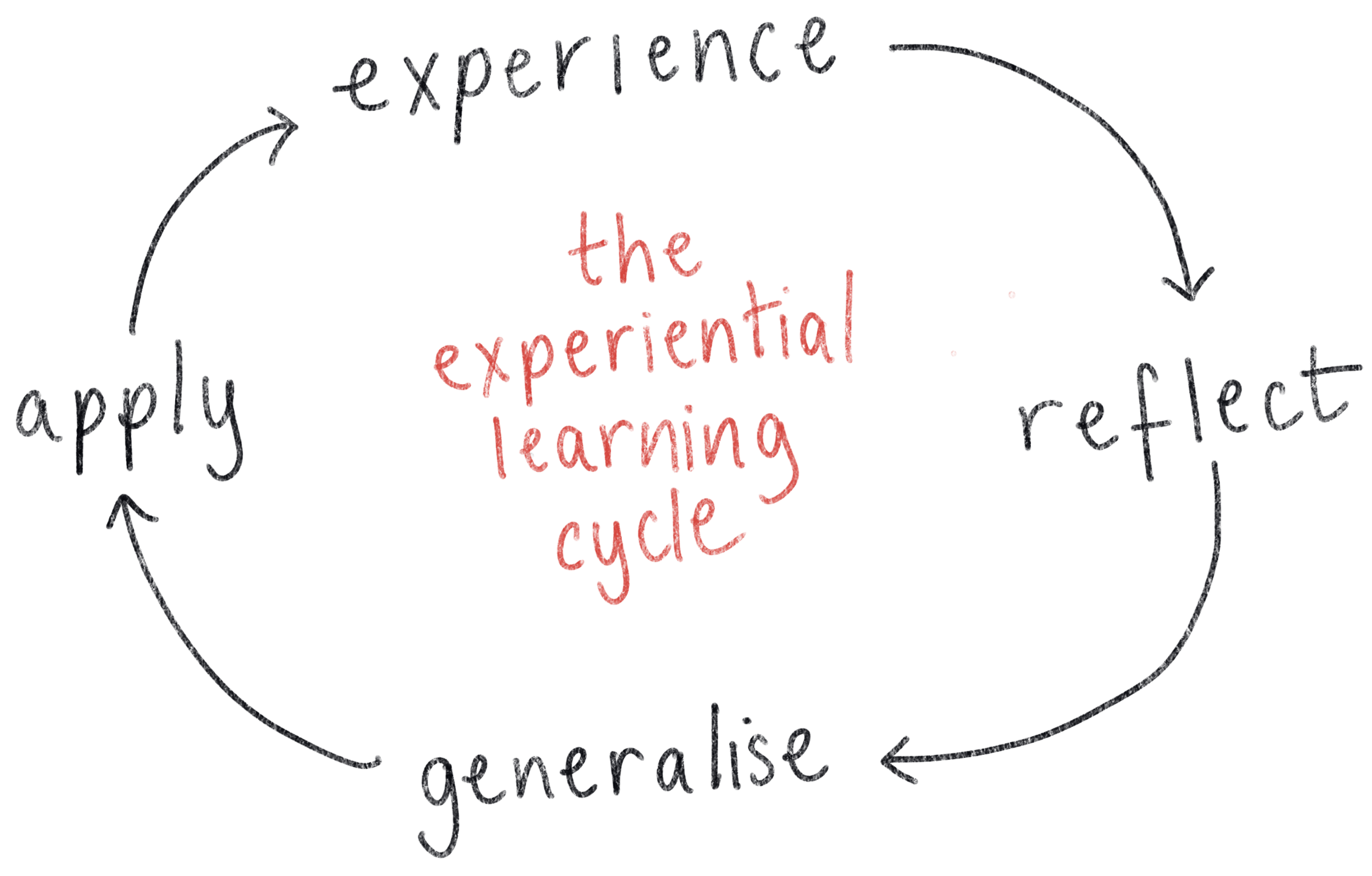training + group facilitation
With nine years of experience under her belt, Tamara-Jade enjoys supporting groups to navigate the challenging conversations and decisions that need to be made in order to produce powerful and sustainable social action work. She works with a wide range of groups, from international NGOs to grassroots activist groups to social enterprises.
what’s on offer?
Tamara-Jade specialises in creating bespoke programmes and workshops that challenge groups to reflect on:
Strategy (campaign / organisational / group)
(Structural) power and how it shows up in our work
Group culture and working relationships
She also loves supporting people to build their own training and facilitation skills
what experience does she have?
Designing, developing, delivering and evaluating the week-long training for activists as both Lead Trainer and Lead Facilitator at Campaign Bootcamp (2015-2020)
Strategic oversight as a board member for Good Night Out Campaign
working internationally with clients such as greenpeace, un women and transgender europe
a broad range of consultation work with NGOs
facilitation of events, team meetings and community meet-ups rooted in a politics of care
facilitating activist meetings and debriefs
resource design and development
what’s the nuance between training and facilitation?
training has a heavier focus on introducing what may be new ideas to a group
whereas facilitation focuses more on drawing out the knowledge already held in the group
tamara-jade’s work tends to lean predominately on facilitated learning because of the politics underpinning her learning methodology, but generally her work blends a bit of both.
what methodology does tamara-jade use?
group-centred approach rooted in experience
“I work with an experiential learning methodology that posits that we learn through doing, practice and experience.
Experiential learning is grounded in the belief that everyone holds knowledge, and that we learn most effectively by exploring and sharing that knowledge communally, not by being lectured or lecturing others.”
for the methodology geeks out there:
this approach is built on anti-oppressive and abolitionist values. at root:
I believe that people are not disposable and that we all have inherent value.
I believe in the power of the collective and that everyone holds knowledge.
I believe that we all perpetuate and experience harm.
But I also believe that we all have the capacity to change, transform harm and do things differently.
these beliefs are at odds with those that underpin mainstream education institutions. these institutions, and by extension their approach to learning, tell us that the teacher has ultimate knowledge and authority and that the student is the passive receptacle for what they have to say. this is disempowering. and much like in broader society, these institutions rely on punishing anyone that deviates from its rigid structure, from detention to expulsion, from criminalisation to deportation.
by challenging these hierarchies in the way that we expect to learn, we not only end up embracing different experiences and finding personal empowerment, but we are practising the values we want to see beyond the training room.
so what does that mean in practice?
Lots of experimentation, trying things out, working in groups and sharing: What I aim to do is be a conduit for the wisdom your group already holds, as opposed to pretending that I, or any one person, can be an authority on all things.
Meeting the group where it is at Not taking a one size fits all approach to learning - adapting my approach to meet your group’s needs.
Emergent design: A fancy way of saying of being adaptable with my approach. Being present to what is happening in the training as it unfolds and making space for emergent learnings. For example, if I am running a strategy session with a group and it becomes apparent that certain dynamics are distracting from the focus on strategy, interrogating those distractions becomes part of the session so that everyone can continue to learn.
Embracing conflict and asking lots of questions!
And more! I don’t want to bore you with info, but if you wanna get into it, let’s get on a call and get into it!
I have developed my approach over the past few years with the guidance of Training for Change and UNPACKED, who espouse similar approaches to learning.
what kinds of groups does tamara-jade work with?
NGOs and charities of all sizes
trade unions, activist groups
CICs / social enterprises
youth groups and young people
social action training organisations


























